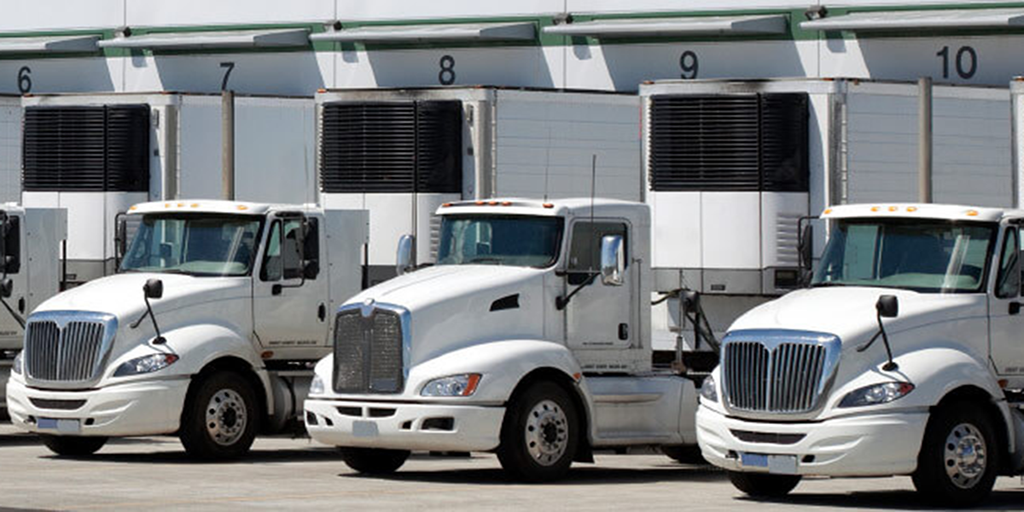Cost reduction in fleet operations is a constant battle – one that requires constant vigilance and complete visibility. Only by seeing exactly where you’re spending – and losing – money, can you begin to keep more of it. This need for increased insight into fleet operations is driving more companies to invest in fleet telematics for their vehicles.
Beyond simply tracking vehicles’ movements and locations, the best telematics systems provide a wealth of vehicle data and analytics that translate into actionable business intelligence. Armed with more data, fleet operations have the visibility they need to identify and capture opportunities for increasing efficiencies and reducing costs.
This white paper gives in-depth ways fleet management software can save you money.
Your fleet is one of your company’s largest cost centers. According to a study done by Rigbooks, a single truck can consume anywhere from between $50,000 to $70,000 just on fuel alone. The bill adds up even more once you factor in things like the truck purchase itself, maintenance, insurance, tires, and detention fees.
But within that fleet are an abundance of hidden savings opportunities. To find those opportunities and act on them, you’ll need access to better business intelligence.
Today’s fleet management and telematics systems can help. With vehicle intelligence systems, like Spireon’s FleetLocate, collect real-time data and provide insights that can help you pinpoint where exactly you’re spending – and wasting – money.
For instance, with a fleet management system you can track fuel fill-ups against miles driven so you can identify fuel misuse issues and eliminate any wasteful driver behaviors that are draining your profits.
Download this white paper to learn ways fleet management software can help you make a serious dent in operational costs.
In it you will discover how to:
- Increase utilization and discover if you have more vehicles than you actually need.
- Improve engine idle time, which can add to fuel costs and engine degradation.
- Reduce out-of-route miles, unauthorized trips and fuel fraud.
- Modify fuel-consuming driver behaviors in real-time.
- Increase driver safety and save money on insurance and liability costs.
- Automate & improve preventative maintenance and yard checks.
- Increase efficiencies within your entire organization and lower administration costs.

